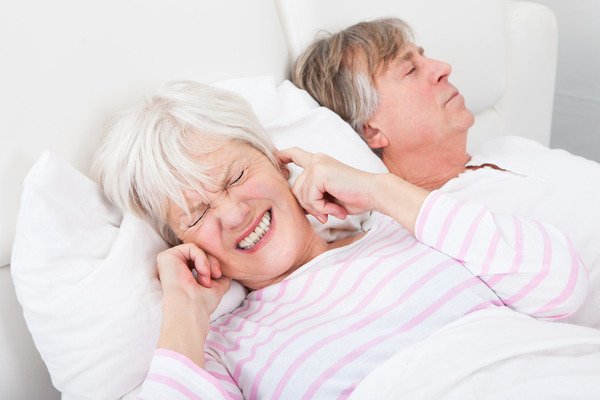Snoring & Sleep Apnoea
Do you or your child suffer from snoring and sleep apnoea?
At Enlighten Dental, we understand how overwhelming it can be to find a solution for snoring and sleep apnoea in adults and children. We specialize in providing comfortable treatments that will reduce or completely eliminate the symptoms of these conditions. Our team is dedicated to helping you rest better and live healthier.
Thanks to our innovative treatment options, you can rest assured knowing that your family is being cared for with expert precision. With our non-invasive procedures, there’s no need to worry about any painful medical interventions or invasive surgeries – just simpler solutions so you can enjoy nights of uninterrupted deep sleep again!
Contact us today to learn more about our holistic approach towards snoring and sleep apnoea! We look forward to speaking with you soon!
Snoring and sleep apnoea in Sydney - Frequently Asked Questions
-
Sleep apnoea is a condition where the child repeatedly stops breathing during sleep. Usually, they occur because of an obstruction in the airways, in children, this obstruction is most commonly due to big tonsils and adenoids. This is called obstructive sleep apnoea. A less common form of apnoea is called central sleep apnoea and results from a problem with the mechanisms that control breathing.
-
Children with sleep apnoea almost always snore, struggle to breathe, and have restless sleep. There may also be frequent pauses in breathing and snoring lasting between 10 seconds and a minute. The pause may end with a gasping or choking noise and there may be a brief awakening as the child struggles to breathe. In young children, the chest may be sucked in during apnoea and sometimes the child will adopt unusual sleeping positions. The child may also sweat profusely during sleep or wet the bed repeatedly. In the morning they may wake up with a dry mouth, a headache, or confusion.
-
Because of the events during sleep, the child with sleep apnoea may show several problems during the day. Infants may feed poorly and fail to gain weight. Older children may have behavioral problems such as hyperactivity, aggression, learning difficulties, and poor concentration. Sleepiness can cause personality changes, poor school performance, and interpersonal relationship problems. A child with sleep apnoea may lag in many areas of development. They may become frustrated and depressed. In the long term, left untreated, sleep apnoea can cause heart problems and high blood pressure which may in severe cases be life-threatening.
-
When Dr. Sophia Petta does her 6 monthly check-ups, she is looking to see if there is evidence of craniofacial abnormalities or conditions which affect the tongue or airways, in children with a small or receding jaw, or sleep apnoea is more common. She will also check to see if she observes large tonsils and adenoids, this may suggest that a child has sleep apnoea but the best way to be really sure is with a referral to complete a sleep study issued by Dr Petta.
-
Sleep disorders such as insomnia, sleep apnoea, and restless legs syndrome cause sleep deprivation through a reduction in the quantity of sleep and/or a disturbance in the quality of sleep.
The effects of short-term sleep deprivation can be seen immediately in fatigue, poor performance, and irritability.
The unseen effects of short-term sleep deprivation also include higher blood pressure and undesirable changes to several hormone levels, notably insulin, leptin, and ghrelin.
A lack of sleep is an independent risk factor in cardiovascular diseases such as heart disease, hypertension, and stroke.
A lack of sleep has also been shown to be an independent risk factor in metabolic syndrome disorders such as diabetes and obesity.
-
Snoring is a noise generated by vibration of the soft or floppy parts of the throat during sleep. The noise is made by the walls of the pharynx – the part of the throat at the back of the tongue which is held open by several small muscles. These muscles relax when we go to sleep, narrowing the airway and partially choking off the air passage so that breathing in makes the pharyngeal walls vibrate, which makes the noise of snoring. The narrower your airway becomes, the greater the vibration and the louder your snoring. Dr Sophia Petta will take note of the variations in the shape of the jaw, airway, face or nose which may result in some people having a small airway, which can be improved through dentistry.

